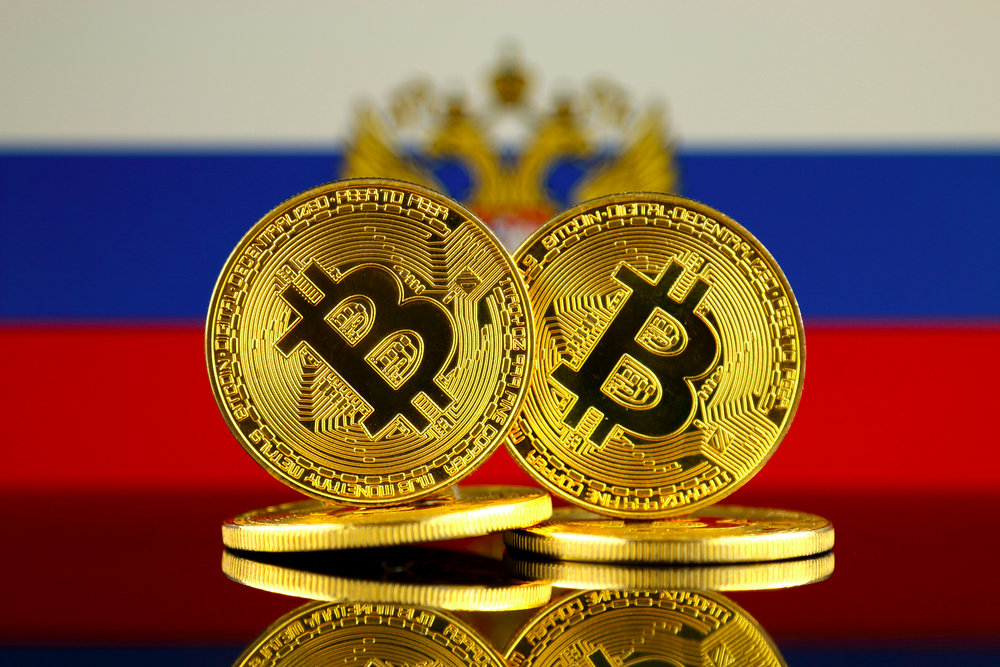The Ministry of Finance is pushing forward with cryptocurrency regulation in Russia. Crypto payments will still be prohibited.
Russia’s Ministry of Finance is pushing forward with its plan to regulate cryptocurrencies in the country, and has introduced a bill to parliament. According to a press release published on Monday, the bill was presented Feb. 18. and is based on the previously approved roadmap drafted by several government bodies, including key law-enforcement agencies.
The announcement highlights the policy split with the Bank of Russia, which opposes regulation and would rather see cryptocurrency trading and mining banned. The central bank, which has been pushing forward the pilot of its central bank digital currency, the digital ruble, has suggested punishing crypto trading and issuance with fines up to 500,000 rubles ($6,360) for individuals and 1 million rubles for companies, TASS news agency reported.
In the press release, the Ministry of Finance said the objections of the Bank of Russia “will be considered in the further work on this bill where they don’t contradict the Ministry of Finance approach.”
The official text of the bill is not yet available in the online database for legislative documents.
The bill treats crypto as an investment tool, not a legal tender, and says cryptocurrencies may not be used to pay for goods and services. It also specifies requirements for cryptocurrency exchanges and over-the-counter desks, which must satisfy certain criteria to obtain a license and be included in a dedicated government register. Foreign crypto exchanges must register legal entities in Russia to provide services in the country.
All cryptocurrency-to-fiat transactions must be conducted through bank accounts, and users must go through know-your-customer (KYC) checks with both banks and cryptocurrency exchanges, the press release said.
Exchanges also will have to inform users about the risks of investing in crypto. Investors will have to pass online tests to ensure they have sufficient knowledge about cryptocurrencies and related risks. Those who pass the test can invest up to 600,000 rubles a year in crypto; those who don’t are limited to 50,000 rubles. Qualified investor won’t have any limits.
Cryptocurrency exchanges must keep their own crypto and their users’ funds in separate accounts and maintain a record of all their users’ crypto addresses. Users must not be held liable for any debt of their exchanges.
Cryptocurrency mining will also be regulated under proposed bill. It will be supervised by dedicated government agencies, the press release said, without providing further details.
